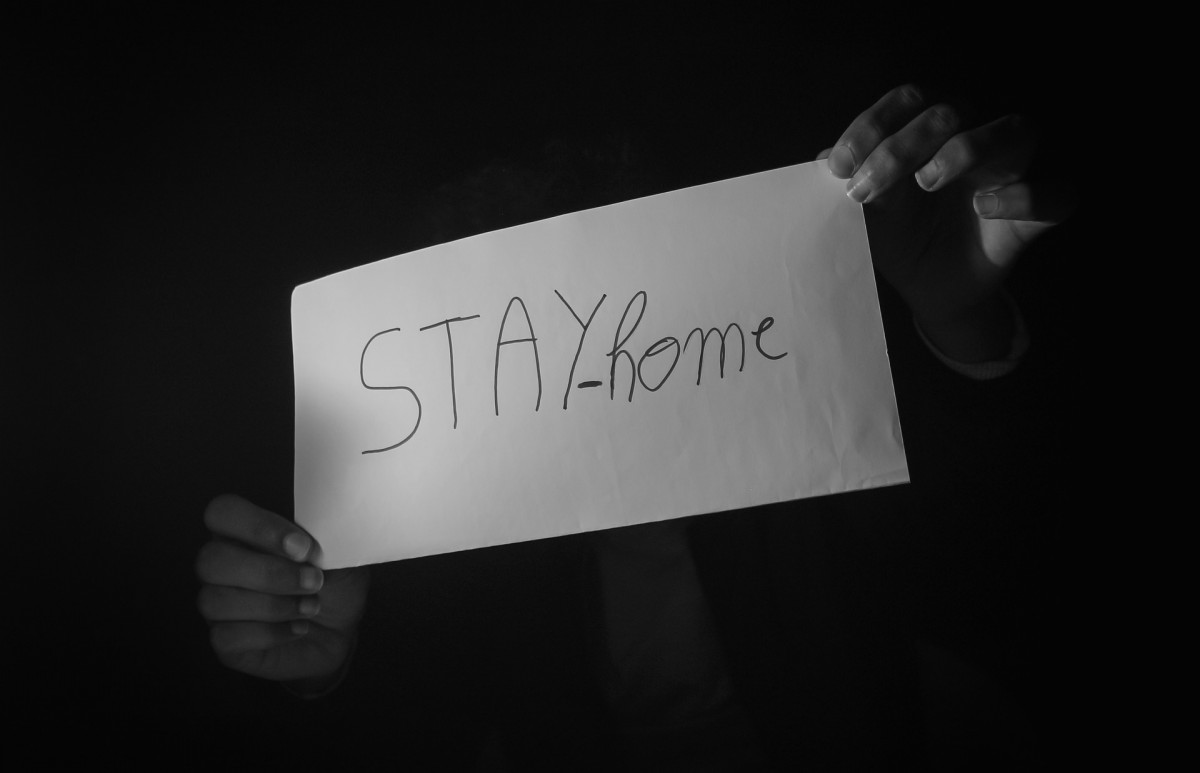People in England will be required by law to self-isolate if they test positive for COVID-19, risking increased fines if they fail to do so, the UK government has announced.
The fines will start at £1,000 (€1,090) and could increase to up to £10,000 (€10,909).
The higher fines will be for repeat offences and “egregious breaches” such as preventing others from self-isolating, the UK government said in a statement.
It includes business owners who prevent staff from self-isolating by threatening redundancy if they do not come to work.
“People who choose to ignore the rules will face significant fines. We need to do all we can to control the spread of this virus, to prevent the most vulnerable people from becoming infected, and to protect the NHS and save lives,” Prime Minister Boris Johnson said in a statement.
People who lose money while self-isolating because they cannot work from home with receive £500 (€545), the government added.
The government requires people who have symptoms of COVID-19 or a positive test to self-isolate for at least ten days along with members of their household.
SAGE, the government’s scientific advisory group for emergencies, said in August that just 20% of people in England fully self-isolate.
People breaking self-isolation has been highlighted as an issue in other European countries where coronavirus cases are rising.
In France, government officials reduced the number of required days for self-isolation in part to encourage more people to self-isolate.
UK officials are hoping to ward off a second wave of COVID-19 as cases increase in several European countries.
Health minister Matt Hancock has already announced measures to restrict gatherings throughout the country and has said he hopes to learn from France and Spain, countries that have recorded more than 10,000 daily cases.
The UK recorded 4,422 cases in a single day on Saturday, a significant increase from the mere hundreds it recorded throughout July and the highest number recorded since the end of May.
euronews.com
pixabay


















